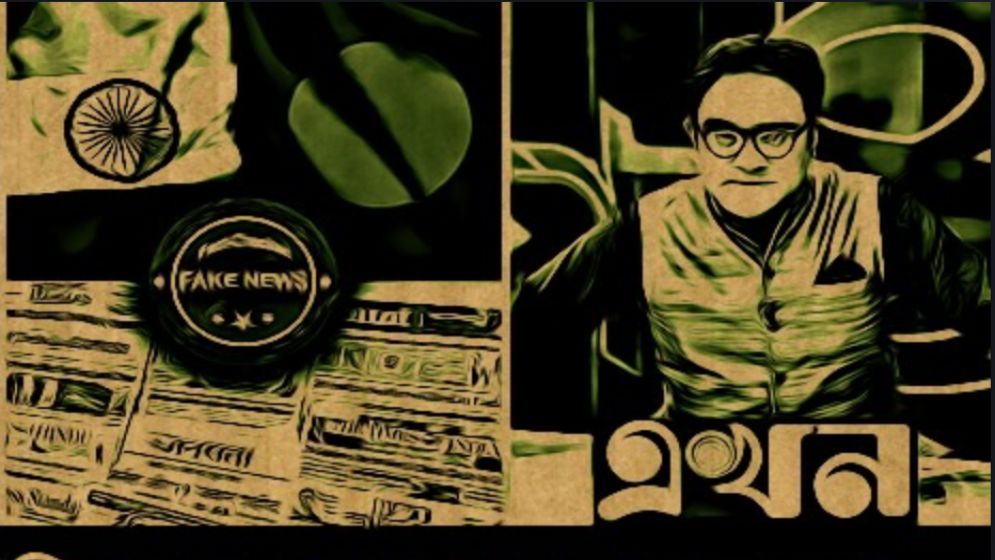Indian media accused of coercing "fabricated" statements from Bangladeshi hindus through passport seizures and fake interviews

A simmering controversy surrounding Indian media coverage of alleged minority persecution in Bangladesh has erupted into a full-blown crisis, with accusations of fabricated reports and coercive tactics employed against Bangladeshi citizens.
At the heart of the storm are claims that Indian journalists are confiscating passports at border crossings, effectively holding Bangladeshi travelers hostage until they agree to participate in interviews that paint a grim picture of religious persecution in the country.
One such case involves Shubho Karmakar, a young man from Faridpur who recently appeared on the Indian television channel ABP Ananda.
In the interview, Shubho alleged widespread atrocities against Hindus in Bangladesh, including temple attacks, forced evictions, and violence against women and children.
However, Shubho's parents, Sunil and Namita Karmakar, have vehemently denied these allegations. Speaking from their jewelry shop in Faridpur, they claim their son was coerced into making the statements.
"We have never faced any persecution in Bangladesh," said Namita Karmakar. "The Indian journalists threatened to withhold his passport unless he repeated their fabricated script."
Sunil Karmakar expressed disbelief and dismay at the situation. "What Shubho said is completely false. We feel safe in our country and have never experienced harassment. These actions by Indian media are deeply troubling," he told Bangla Outlook.
In a separate incident, The Wall, an Indian news outlet, aired an interview with a young woman who identified herself as Amiyo Sarkar.
Amiyo claimed to have fled Bangladesh after facing religious persecution and sought refuge in Kolkata for two months.
However, investigations into Amiyo’s background have revealed inconsistencies in her account. A former vice-president of the Faridpur District Chhatra League, Amiyo was removed from her position in 2022 amid allegations of misconduct.
She was also implicated in violent incidents in Faridpur, raising serious questions about her credibility.

Deliberate falsified campaigns
These revelations have fueled the growing chorus of condemnation in Bangladesh against what many perceive as a deliberate campaign by Indian media to tarnish the country's reputation.
"These fabricated narratives harm the image of both nations," said Namita Karmakar, whose son was allegedly coerced into making false statements about religious persecution.
"Bangladesh has always been a safe and inclusive country, and this propaganda only stirs unnecessary tensions."
The controversy has ignited public outrage on social media, with accusations that Indian media outlets are exploiting religious sensitivities to drive a wedge between the two neighboring countries.
This latest development comes at a time of already strained relations between India and Bangladesh. Political analysts warn that such misinformation not only damages diplomatic ties but also erodes trust among ordinary citizens.
"Indian media's portrayal of Bangladesh as unsafe for minorities lacks evidence and undermines efforts to foster harmony between the two nations," said a political analyst, who requested anonymity due to the sensitivity of the issue.
The mounting pressure on both governments to address the issue and ensure the dissemination of accurate and balanced information is palpable.
As this saga unfolds, observers express hope that reason and diplomacy will prevail over divisive narratives, paving the way for a more constructive relationship between the two countries.
—

